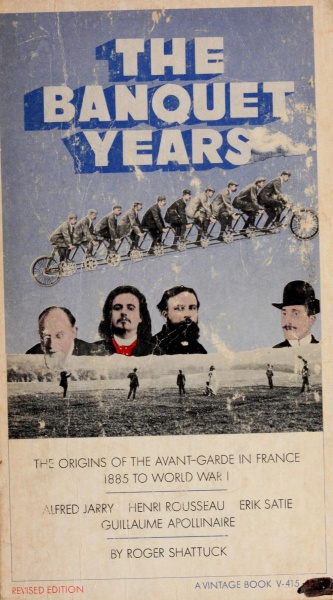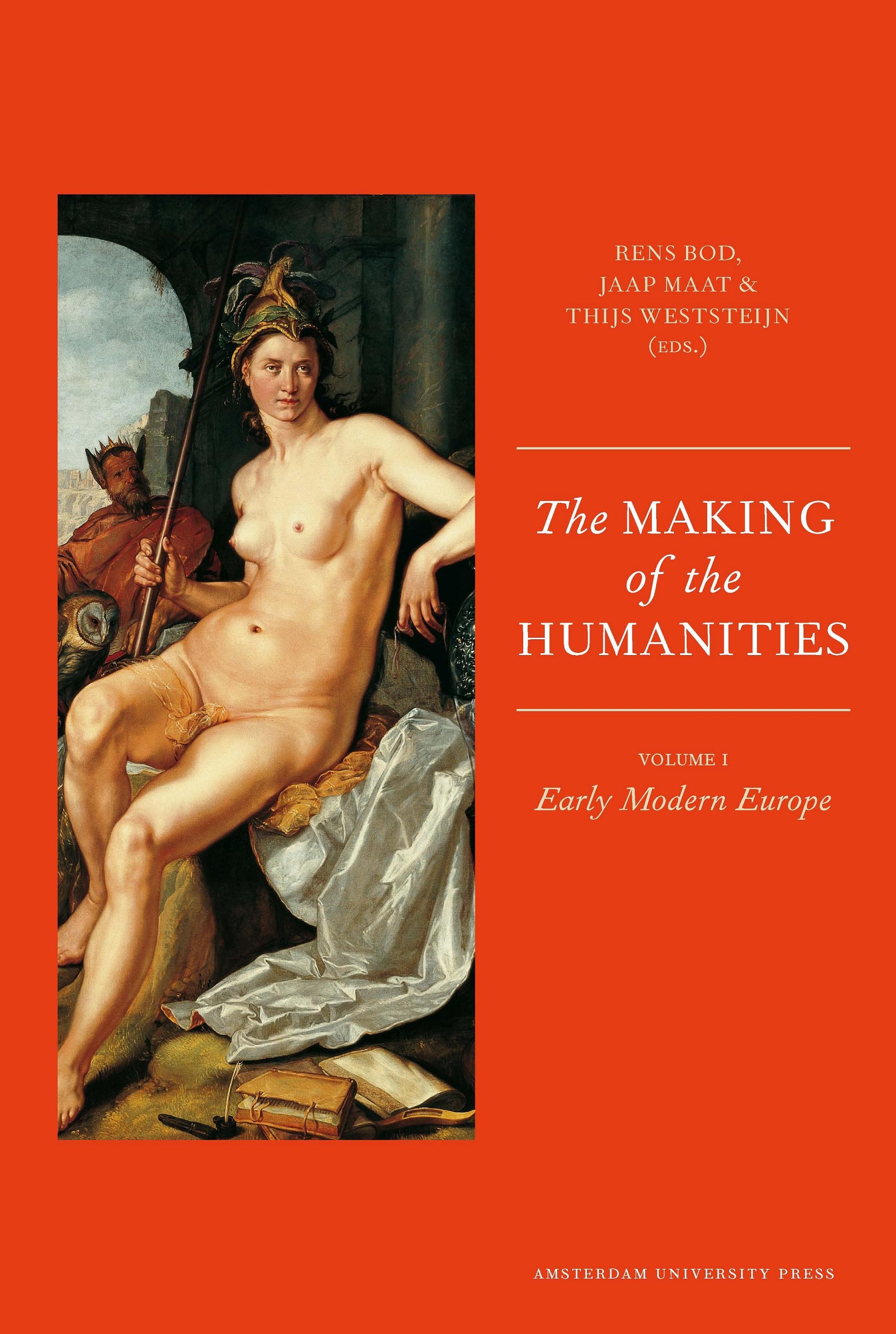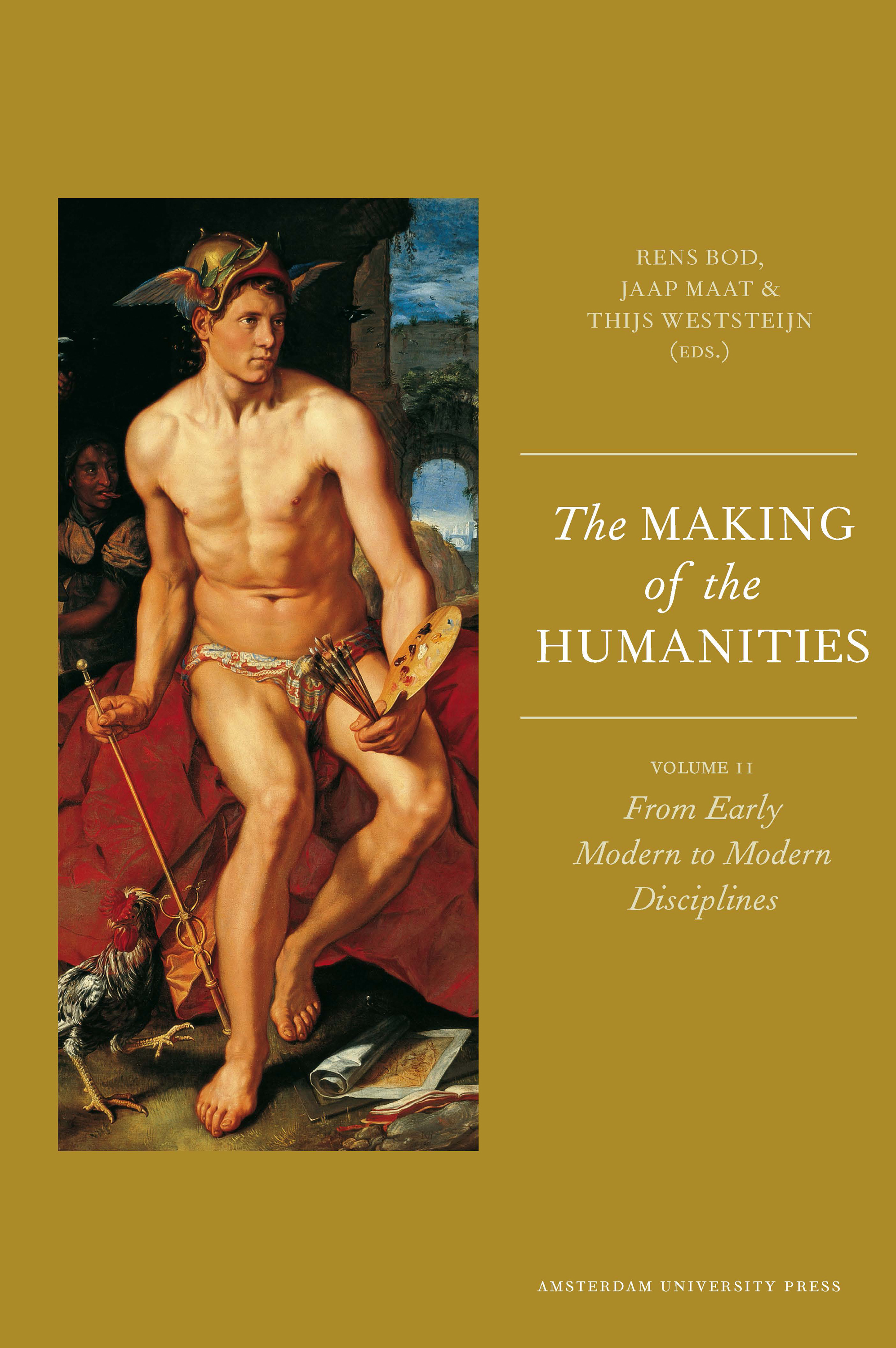Roger Shattuck: The Banquet Years: The Origins of the Avant-Garde in France, 1885 to World War I., Rev. ed. (1955/1968)
Filed under book | Tags: · 1880s, 1890s, 1900s, 1910s, absurd, anarchism, art, art history, avant-garde, cubism, dada, dreams, france, literature, logic, montage, music history, painting, pataphysics, poetry, theatre, typography

In this book Roger Shattuck portrays the cultural bohemia of turn-of-the-century Paris who carried the arts into a period of renewal and accomplishment, and laid the ground-work for Dada and Surrealism.
“…Then came the idea–a kind of gambler’s hunch–that the trio Rousseau-Satie-Apollinaire represented several significant aspects of the period and could reveal them better than any single figure. The idea would not die. [..] Jarry had forced his way into the group and established himself close to the center of things. He helped clarify my underlying subject: how the fluid state known as bohemia, a cultural underground smacking of failure and fraud, crystallized for a few decades into a self-conscious avant-garde that carried the arts into a period of astonishingly varied renewal and accomplishment. [..] An enormous amount has been written on this era and these men since the first edition of this book in 1958. I have taken account of some of it by changing those passages where new facts have come to light.” (from the Preface to this edition)
First published in 1955
Publisher Vintage Books, 1968
397 pages
Review (Alfred Kazin, The Reporter, 1958)
Review (Sidney Tillim, College Art Journal, 1959)
Review (Justin O’Brien, The Saturday Review, 1958)
PDF (115 MB, no OCR)
Comment (0)Martin Davis: The Universal Computer: The Road from Leibniz to Turing (2000–) [EN, IT, CR]
Filed under book | Tags: · biography, computing, history of computing, history of mathematics, logic, machine, mathematics, philosophy of science

“Martin Davis, a fluent interpreter of mathematics and philosophy, locates the source of this knowledge in the work of the remarkable German thinker G. W. Leibniz, who, among other accomplishments, was a distinguished jurist, mining engineer, and diplomat but found time to invent a contraption called the “Leibniz wheel,” a sort of calculator that could carry out the four basic operations of arithmetic. Leibniz subsequently developed a method of calculation called the calculus raciocinator, an innovation his successor George Boole extended by, in Davis’s words, “turning logic into algebra.” (Boole emerges as a deeply sympathetic character in Davis’s pages, rather than as the dry-as-dust figure of other histories. He explained, Davis reports, that he had turned to mathematics because he had so little money as a student to buy books, and mathematics books provided more value for the money because they took so long to work through.) Davis traces the development of this logic, essential to the advent of “thinking machines,” through the workshops and studies of such thinkers as Georg Cantor, Kurt Gödel, and Alan Turing, each of whom puzzled out just a little bit more of the workings of the world–and who, in the bargain, made the present possible.”
The paperback edition was retitled Engines of Logic: Mathematicians and the Origin of the Computer.
Publisher W. W. Norton, 2000
ISBN 0393047857, 9780393047851
257 pages
Review (Mark Johnson, Mathematical Association of America)
Review (Georges Ifrah, The American Mathematical Monthly)
The Universal Computer. The Road from Leibniz to Turing (English, 2001)
Il calcolatore universale: da Leibniz a Turing (Italian, trans. Gianni Rigamonti, 2003)
Na logički pogon: podrijetlo ideje računala (Croatian, trans. Ljerka Vukić and Ognjen Strpić, 2003)
Rens Bod, Jaap Maat, Thijs Weststeijn (eds.): The Making of the Humanities, Vols. 1–2 (2010–12)
Filed under book | Tags: · art, art history, historiography, history, history of philosophy, history of science, humanities, language, linguistics, literary theory, logic, musicology, philology, philosophy


“The Making of the Humanities is the first step towards the development of a comparative history of the humanities. Specialists in philology, musicology, art history, linguistics, literary theory, and other disciplines highlight the intertwining of the various fields and their impact on the sciences.
The first volume in the series focuses on the early modern period. Different perspectives reveal how the humanities developed from the ‘liberal arts’, via the curriculum of humanistic schools, to modern disciplines. The authors show in particular how discoveries in the humanities contributed to a secular world view, pointing up connections with the scientific revolution. The main themes are: the humanities versus the sciences; the visual arts as liberal arts; humanism and heresy; language and poetics; linguists and logicians; philology and philosophy; the history of history. Contributions come from a selection of internationally renowned European and American scholars, including Floris Cohen, David Cram, and Ingrid Rowland. The book offers a wealth of insights for specialists, students, and those interested in the humanities in a broad sense.
The second volume investigates the changes in subject, method and institutional context of the humanistic disciplines around 1800, offering a wealth of insights for specialists and students alike. Point of departure is the pivotal question whether there was a paradigm shift in the humanities around 1800 or whether these changes were part of a much longer process. The authors provide an overarching perspective including philology, musicology, art history, linguistics, historiography, philosophy and literary theory. They also make clear that the influence from the East, from the Ottoman Empire to China, was crucial for the development of the European humanistic disciplines.”
Publisher Amsterdam University Press, Amsterdam
Open Access
ISBN 9789089642691 & 9789089644558
400 & 432 pages
Reviews: Sandrine Maufroy (H-Net, 2011, of Vol 1), Anja-Silva Goeing (Renaissance Quarterly, 2012, of Vol 1), Charles G. Nauert (Intellectual History Review, 2012, of Vol 1)
Conference: 2008, 2010.
Publisher: Vol. I, Vol. II.
OAPEN: Vol. I, Vol. II.
Volume I – Early Modern Europe (updated on 2022-12-20)
Volume II – From Early Modern to Modern Disciplines (updated on 2022-12-20)
Volume III

